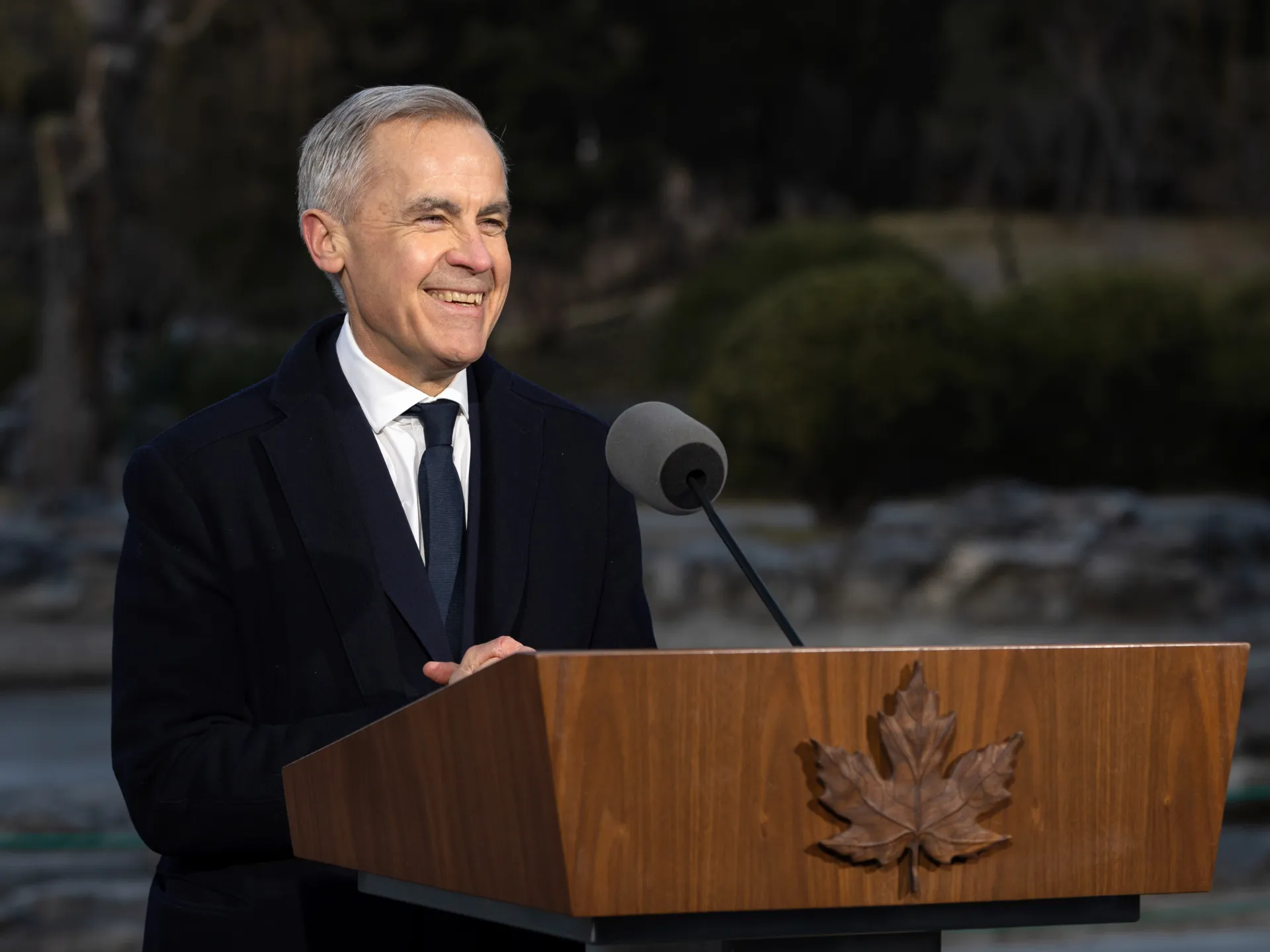The Venezuelan Organic Law on Hydrocarbons
The reformed law grants extensive benefits to private corporations. (Archive)
With astonishing speed amid so many postponed emergencies, the reform of the Organic Law on Hydrocarbons, enacted in 2006 by President Hugo Rafael Chávez Frías, has been approved. Amending the work of such a towering figure requires prudence and restraint. Let us examine the result.
First of all, what stands out is the unconstitutional attempt to repeal Article 151 of the Constitution of the Bolivarian Republic through Article 8 of a simple law, which proposes:
Article 8. Any doubts or disputes of any nature that may arise in connection with the activities covered by this Law and that cannot be resolved amicably by the parties may be decided by the competent courts of the Republic or through alternative dispute resolution mechanisms, including mediation and independent arbitration.
This article directly contradicts Article 151 of the Venezuelan Constitution:
Article 151. In the public interest contracts, unless inapplicable by reason of the nature of such contracts, a clause shall be deemed included even if not expressed, whereby any doubts and controversies which may raise concerning such contracts and which cannot be resolved amicably by the contracting parties, shall be decided by the competent courts of the Republic, in accordance with its laws and shall not on any grounds or for any reason give rise to foreign claims.
There is no doubt that the Constitution of the Republic is the Supreme Law of the Nation and therefore cannot be repealed by a lesser legal norm. Contracts on hydrocarbons are in the public interest, as Article 12 of our Constitution considers them to be “public domain assets”:
Article 12. Mineral and hydrocarbon deposits of any nature that exist within the territory of the nation, beneath the territorial sea bed, within the exclusive economic zone and on the continental sheaf, are the property of the Republic, are of public domain, and therefore inalienable and not transferable. The seacoasts are public domain property.
Articles 103, 126, paragraph 12, and 136, paragraphs 8 and 10, as well as Article 156, paragraphs 12 and 16 of the Constitution assign the same classification of public interest and public domain to mines and hydrocarbons.
This is a harmonious development of what Article 1 of our Constitution considers “Fundamental Principles”: immunity, the sovereign power not to be subject to foreign courts or jurisdictional bodies to decide disputes of internal public interest: “The Bolivarian Republic of Venezuela is irrevocably free and independent, basing its moral property and values of freedom, equality, justice and international peace on the doctrine of Simón Bolívar, the Liberator. Independence, liberty, sovereignty, immunity, territorial integrity and national self-determination are unrenounceable rights of the Nation.”
These are not mere abstract principles. Sovereignty is the absolute and perpetual power of a political body to make its own laws, enforce them, and resolve for itself any disputes that may arise from their application. A state that loses any of these powers ceases to be sovereign and independent. This is what happens when we agree to resolve disputes over internal public interest issues not through our courts and laws, but “through alternative dispute resolution mechanisms, including mediation and independent arbitration.” Precisely because we handed over the resolution of the dispute concerning our sovereignty over Guayana Esequiba to “independent arbitration” [in 1899], that territory was taken from us.
Venezuela has systematically lost almost all disputes on matters of public interest brought before foreign bodies, which is why we withdrew from the infamous ICSID (International Centre for Settlement of Investment Disputes, part of the World Bank) and the Inter-American Court of Human Rights (IACHR, part of the OAS).
In short, if we allow external courts to decide on matters of public interest, how can we oppose foreign courts also judging our legitimate President Nicolás Maduro Moros and his wife, Congresswoman Cilia Flores, according to foreign laws?
The law we are examining includes numerous other objectionable proposals. Among them, Article 34 establishes that the creation of joint ventures and their operating conditions require only the mere “notification” of the National Assembly, which has no decision-making powers in matters so fundamental to the interests of the nation.
Articles 35, 36, 37, 38, and 40 [of the reform] progressively grant joint ventures and minority partners authority for the extraction, management, and commercialization of hydrocarbons, which Article 302 of our Constitution reserves for the Republic:
Article 302. The State reserves to itself, through the pertinent organic law, and for reasons of national expediency, the petroleum industry and other industries, operations and goods and services which are in the public interest and of a strategic nature. The State shall promote the domestic manufacture of raw materials deriving from the exploitation of nonrenewable natural resources, with a view to assimilating, creating and inventing technologies, generating employment and economic growth and creating wealth and wellbeing for the people.
Article 41 of the aforementioned law authorizes private companies to carry out the “integrated management” of exploitation, receiving crude oil as payment, which displaces PDVSA and the State from their decisive functions in the industry, as set forth in the aforementioned Article 302 of our Constitution.
Article 52 of the recently approved reform empowers the executive branch to reduce the amount of royalties at will when it is demonstrated “to its satisfaction” that the project’s economic needs justify it. It should be noted that the previous [2006] law allowed the nation to receive between 60% and 65% in royalties and taxes, while the provisions of the recently amended law allow multinationals to reduce this contribution to below 15%, depending on the category of assets and activity. This represents a significant reduction in public revenue from this source of up to 50% in favor of private operators, almost all of which are foreign.
Article 56 of the recently amended law defines a 15% “integrated hydrocarbon tax” but the executive is also allowed to reduce it at its discretion. Ultimately the national fiscal share can go down from 65% to 25%.
On the sensitive issue of royalties, Andrés Giuseppe noted in a study dated January 28, 2026 (Poli-data.com):
This report thoroughly analyzes the premise that royalties, as compensation for the depletion of a non-renewable asset, should be inalienable and non-negotiable, and argues that any incentives for the industry should be limited to the scope of taxes on profits and not to the owner’s gross share. (…) The transition from the current legal framework to the 2026 proposal represents a significant change in the protection of oil revenues. While the [2006] law strictly limits the conditions under which payments to the State can be reduced, the reform expands the discretion of the National Executive. The 2026 reform introduces greater flexibility that, in practice, weakens the concept of royalties as a “floor” for state participation. Under the 2006 law, the reduction to 20% was restricted to specific fields with proven geological difficulties; in contrast, the new Article 52 allows the National Executive to reduce the royalty at its discretion for any project, provided that the lack of economic viability is demonstrated “to its satisfaction” (,,,) The oil royalty, historically linked to jus regale, represents the compensation that the exploiter of a non-renewable natural resource owes to the State for the right to extract and appropriate an asset that belongs to the public domain. In Venezuelan doctrine, this concept is based on Article 12 of the Constitution of the Bolivarian Republic of Venezuela, which establishes that hydrocarbon deposits are public property, inalienable, and imprescriptible.
The royalty, therefore, is non-negotiable and cannot be diverted from its spirit, purpose, and rationale to satisfy other legal obligations arising from different causes and motivations. Furthermore, the Organic Law on National Public Finance establishes: “Article 5. Under no circumstances is compensation against the Treasury admissible, regardless of the origin and nature of the credits to be compensated.”
Compensation is an institution of private law whereby an individual can extinguish a debt with another individual by offsetting it against a debt that he or she has with that individual. As we can see, the Organic Law on National Public Finance itself, which has specific jurisdiction in tax matters, categorically prohibits it, which means that a citizen cannot cancel the payment of royalties on the grounds that he or she used that debt to satisfy another obligation.
In summary, numerous provisions of the recently reformed Organic Law on Hydrocarbons tend to diminish the Republic’s exclusive jurisdiction over hydrocarbon exploitation, enabling a gradual privatization of the industry. Other provisions make significant reductions in public revenue dependent on the discretion of officials, which do not take into account the real value of the hydrocarbons extracted but rather the alleged economic situation of the private company involved in the project. The overal result will be to significantly reduce the revenue generated by these resources, jeopardizing the financial management of state oil company PDVSA and that of the Republic itself.
Translated and with minor edits by Venezuelanalysis.
The views expressed in this article are the author’s own and do not necessarily reflect those of the Venezuelanalysis editorial staff.
Source: Luis Britto García

